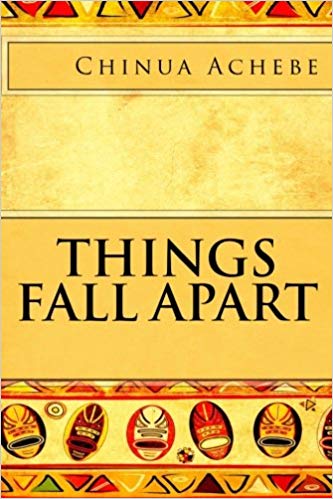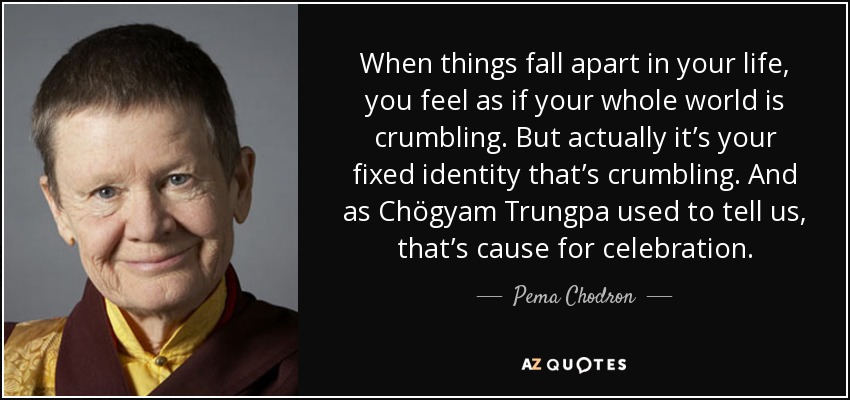

The main conclusion that can be drawn from reading about the culture in the novel is that despite considering the culture as non-static and adaptive to changes, the example of Okonkwo shows the opposition of tradition to such changes. Additionally, the religion was represented by showing that the highest level of divine beings is the supreme god, or “Chukwu”, a loving father who should be feared when doing against his will (Achebe, 1996 Froiland, 2010). One element can be seen in the absence of a ruler in the tribe, where “decisions made by including almost everyone in the village” (Froiland, 2010), an aspect that was truthfully reflected in the novel (Achebe, 1996, p. This culture still exists and many of its elements were realistically depicted in the novel.

The culture of the tribe that was depicted in the novel was of the Igbo culture. A form of democracy was also present in such an establishment, where the main political and social aspects were determined through clan meetings. The relations with Umuofia, the clan to which Iguedo belonged, might be seen as a representation of a simple political system within the Nigerian tribes at the time, which included wars, peaceful settlements, and mediations through an authoritative party (the Oracle of the Hills and the Caves) (Achebe, 1996, p. In that regard, Iguedo can be seen as an example of a traditional Nigerian tribe with a distinctive social structure. The volume continues with a selection of classic and contemporary criticism of the novel. These essays utilize common critical approaches to further analyze the author's work.Įach essay is 2,500-5,000 words in length and all essays conclude with a list of "Works Cited," along with endnotes.Although Iguedo is a fictional village, the novel took a realistic approach toward depicting the life of the Nigerian tribes. and Ellen Wadley Roper Professor of English at the University of Arkansas.Įach Critical Insights is divided into four sections:Īn Introduction – The book and the authorįor readers studying Things Fall Apart for the first time, a quartet of introductory essays provide a framework for in-depth study. The essays aim to provide a background to the title and author that is an historical, cultural, and biographical foundation for the reader. This volume in the Critical Insights series, edited and with an introduction by M. It became an international success not long after its 1958 publication and has since exerted a tremendous influence over other African writers who, like Achebe, have sought to re-create African life in fiction. Yeats's poem "The Second Coming," about the cultural dissipation of postwar Europe, Things Fall Apart recounts the tragic life of an Igbo warrior and the collapse of his society with the encroachment of colonialization.


Frustrated with Western novelists' depictions of Africa as a dark, savage continent, Achebe set out to write a complex, thoughtful novel, one that would counter Western stereotypes and give Africans a story with in which they could recognize themselves. Introductory essays reflect on Achebe's pioneering achievement and evaluate the enduring, international popularity of Things Fall Apart, Also included is a comparison of the title to major literary works within western canon the novel's depiction of gender presentation of cultural violence, and portrayal of colonization.Ĭhinua Achebe put African literature on the map with his first novel, Things Fall Apart.


 0 kommentar(er)
0 kommentar(er)
